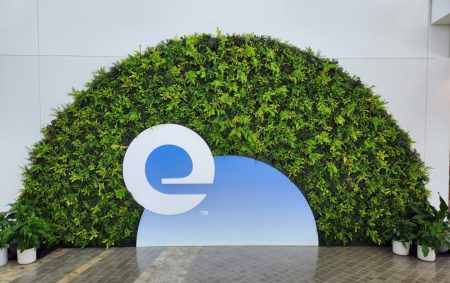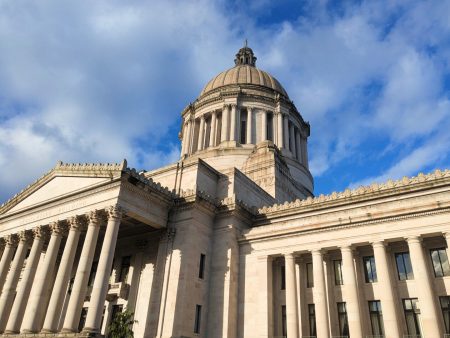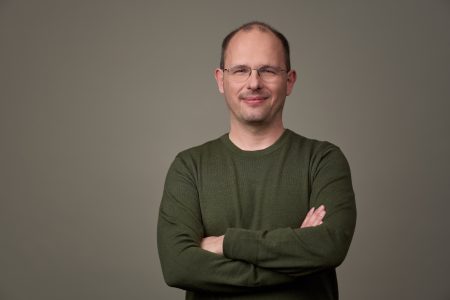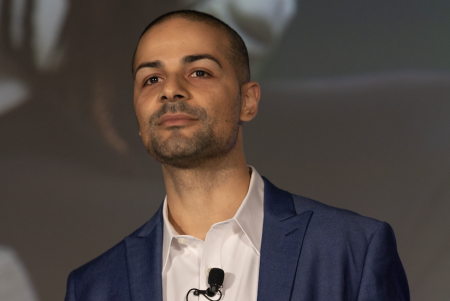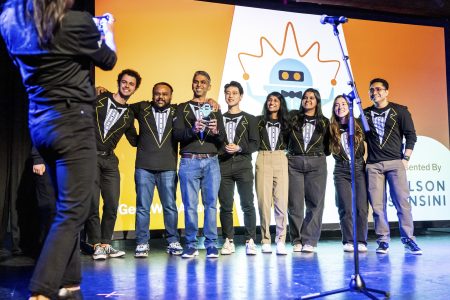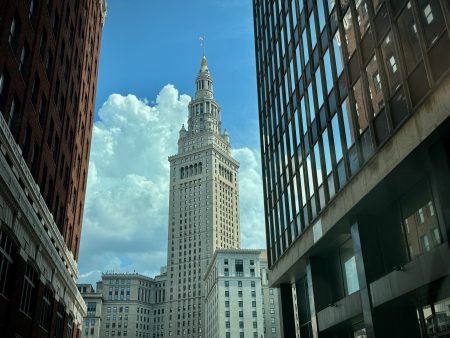Michael Schutzler’s Legacy and Vision for Washington’s Tech Future
Michael Schutzler, the recently retired CEO of the Washington Technology Industry Association (WTIA), leaves behind a legacy of transformation and growth within the organization and the broader tech landscape of Washington state. His 11-year tenure, initially envisioned as a short-term turnaround project, evolved into a period of significant innovation and expansion for the WTIA. Schutzler oversaw the launch of key initiatives like Portalus, a benefits provider for startups; the U.S. Blockchain Coalition; and Apprenti, a tech apprenticeship program that has since gained independence. These accomplishments, coupled with the WTIA’s 40th-anniversary milestone, underscore the dynamic evolution of the tech industry in Washington, a journey significantly shaped by Schutzler’s leadership.
During his time at the helm, Schutzler witnessed a dramatic shift in the tech world, particularly in the realm of remote work. He believes that companies that successfully cultivate productive hybrid work environments will gain a competitive edge by attracting a wider pool of talent. However, he emphasizes the continued importance of a company’s physical headquarters and the location of its decision-makers, particularly in their relationship with the local community. He contrasts the deep community ties of homegrown giants like Microsoft and Amazon with the more distant relationships of Silicon Valley companies with satellite offices in Washington. While these outposts contribute to the local economy, their ultimate power and decision-making authority often remain concentrated in California. This distinction highlights the crucial role of regional tech associations like WTIA in fostering local connections and advocating for the interests of Washington-based companies.
Looking ahead, Schutzler sees immense potential in the application of artificial intelligence, emphasizing that the true power of AI lies not in the tools themselves but in their practical applications across various industries. He cites examples such as medical technology, manufacturing processes, and cybersecurity, where AI can revolutionize existing practices and unlock new possibilities. He views tools like ChatGPT as impressive demonstrations of AI’s capabilities but stresses that the real transformative impact will come from integrating AI into specific sectors to solve real-world problems. This perspective highlights the need for a focus on applied AI research and development, moving beyond theoretical explorations to concrete implementations that can drive tangible benefits.
Schutzler also observes the dynamic interplay between tech giants and startups, noting that while Amazon alumni haven’t yet made the same entrepreneurial mark as those from other tech behemoths, this is likely to change. He attributes this to Amazon’s evolving identity, from a logistics and retail-focused company to a major player in cloud computing and, increasingly, artificial intelligence. This shift, he argues, fosters a more creative and innovative environment, potentially leading to a surge in entrepreneurial ventures by former Amazon employees. This anticipated wave of startups founded by Amazon alumni could further enrich Washington’s already vibrant tech ecosystem.
Beyond his professional endeavors, Schutzler is pursuing personal passions, including a deep dive into music. He’s embracing technology in this pursuit, utilizing AI tools to enhance his musical creations. This illustrates his belief in the power of technology to augment human creativity and expression, extending beyond the purely professional realm. His post-retirement plans also include a period of silent meditation, reflecting a holistic approach to life that balances professional achievement with personal growth and reflection.
As he departs from his leadership role at WTIA, Schutzler offers a candid assessment of the Washington tech community, urging greater collaboration and support for startups. He criticizes the tendency to prioritize individual success over collective growth, observing that despite the immense wealth generated by the tech industry, per-capita angel investment in the region lags behind other tech hubs. He calls for a shift in mindset, challenging the community to embrace a more collaborative spirit and actively invest in the next generation of innovators. This call to action emphasizes the importance of a strong and supportive ecosystem for startups, arguing that increased collaboration and investment are crucial for Washington state to realize its full potential as a global tech leader.
In essence, Michael Schutzler’s legacy is one of transformation, both within the WTIA and in his broader vision for Washington’s tech future. His insights on hybrid work, the application of AI, the evolving role of tech giants, and the need for a more collaborative startup ecosystem provide a valuable roadmap for the continued growth and development of the region’s tech sector. His parting message is a call to action, urging the community to embrace a more collaborative and supportive approach to innovation, paving the way for Washington to potentially become the next Silicon Valley.






